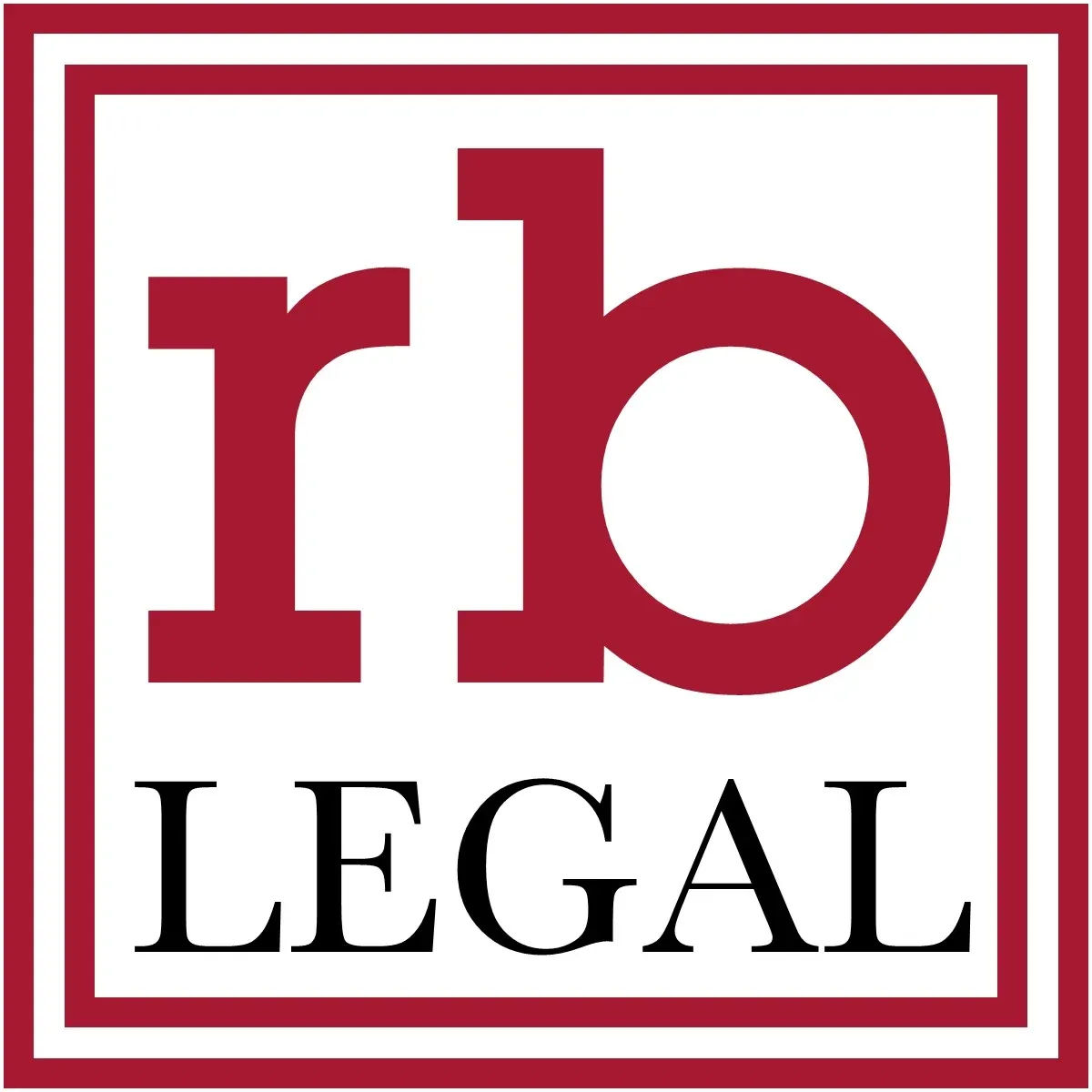Before the execution of a will, the estate must pass through a probate court. During probate, the court certifies the will’s validity and gives the go-ahead for its execution. The responsibility to carry out the wishes of the deceased in the will lies with the executor.
In some cases, the executor is required to post a bond before taking up their role in administering the estate. This is known as a probate bond , and it serves to protect the beneficiaries if the executor is negligent or fraudulent with the estate’s assets. A probate bond is more or less insurance against possible losses from the executor’s actions.
How a probate bond works
As mentioned, a probate bond guarantees that the executor will discharge their duties to the best of their ability. If a claim is made against the executor, they are supposed to take care of it. Otherwise, the surety company will have to step in.
The surety company will investigate the claim to determine its validity. If it is valid, the executor will be reminded of their obligations and asked to settle the claim. Should they fail, the surety company will pay the claim and follow it up with the executor later.
What if there is no probate bond?
If there is no probate bond, it may not be easy to recover your estate’s assets from a rogue executor. You can take legal action against them, but recovering anything from them may be impossible if they don’t have the money. Probate bonds take care of such uncertainties.
However, a probate bond is not a mandatory requirement in every case. Still, as the executor or beneficiary of an estate, it is crucial to understand how everything works and what you need to do to protect your interests during probate.
